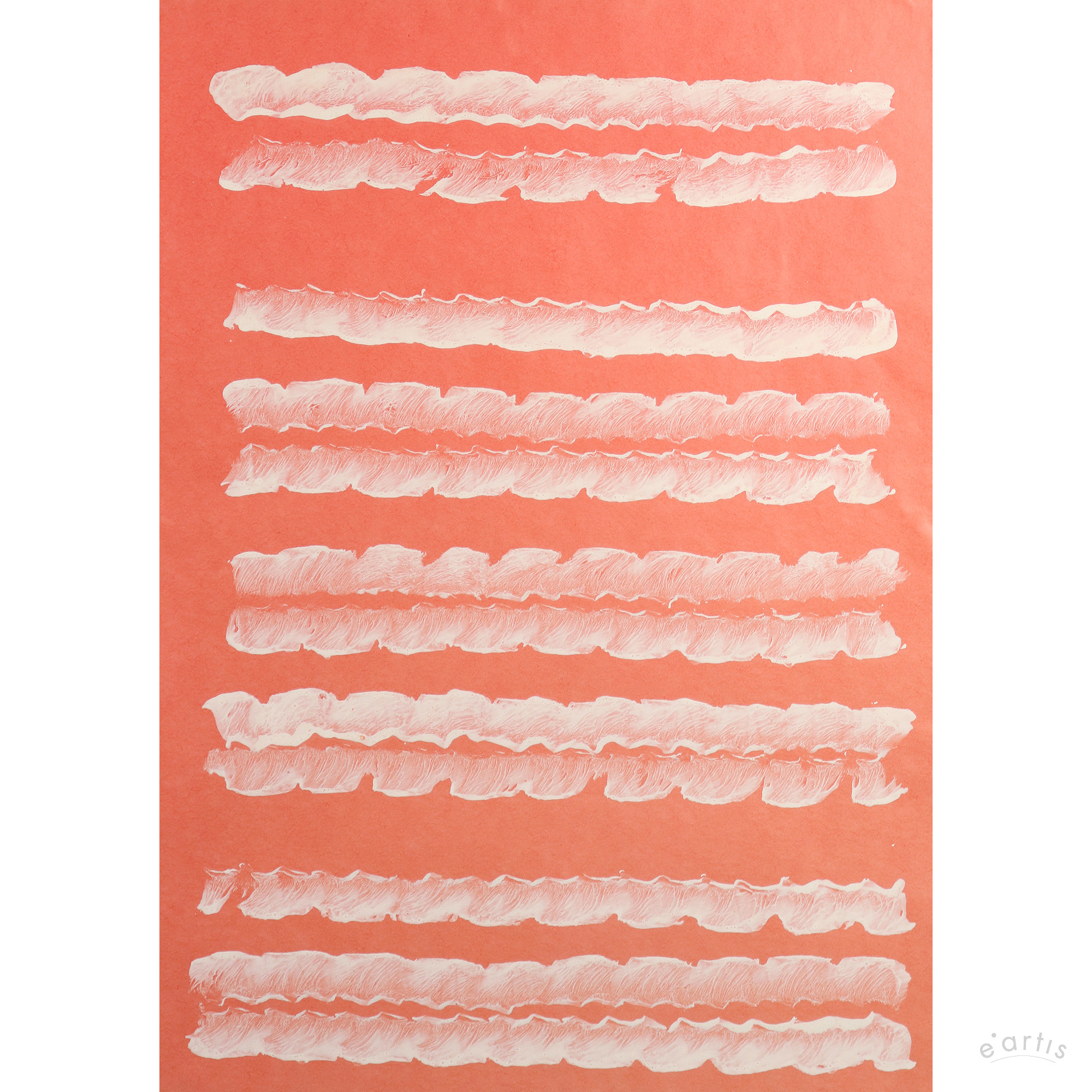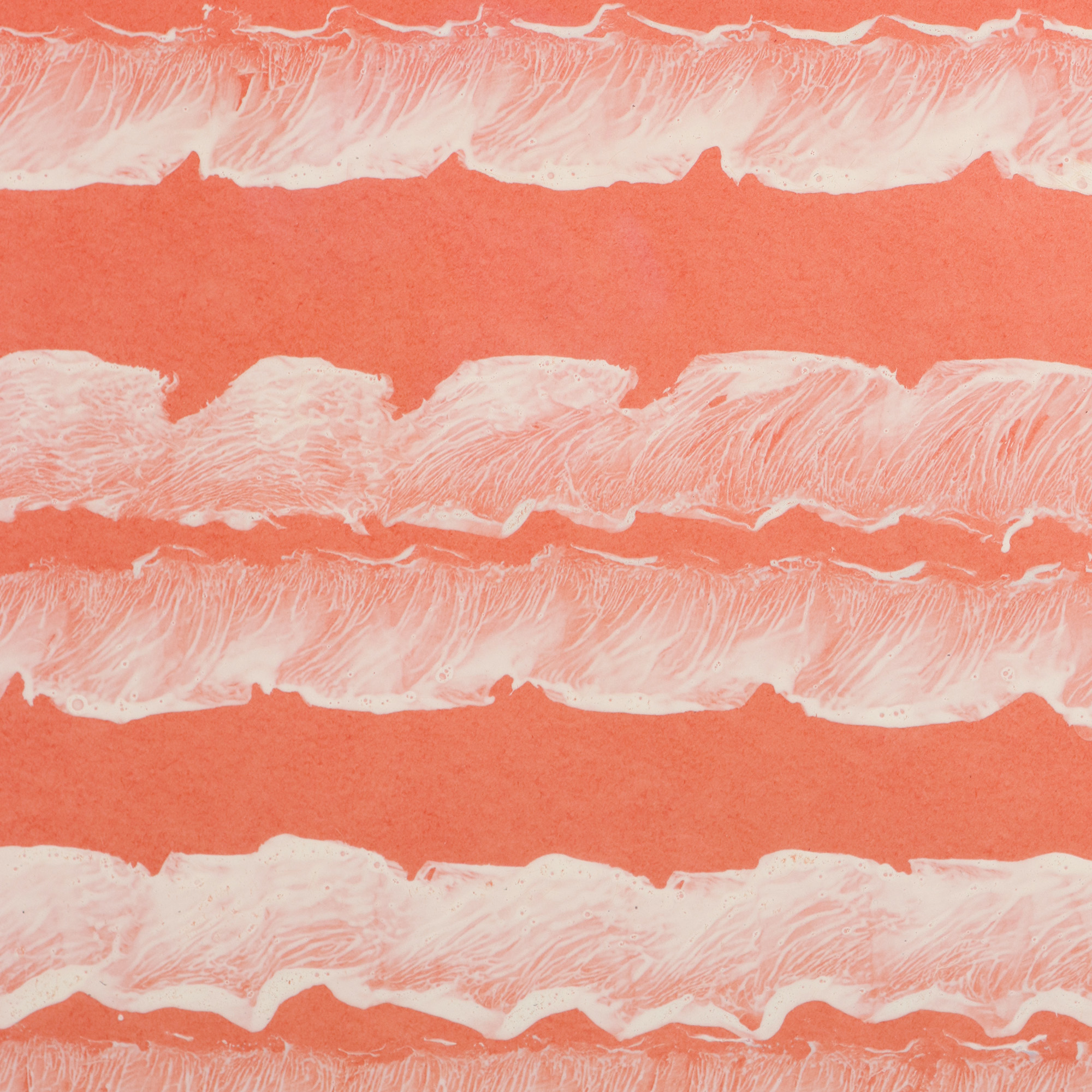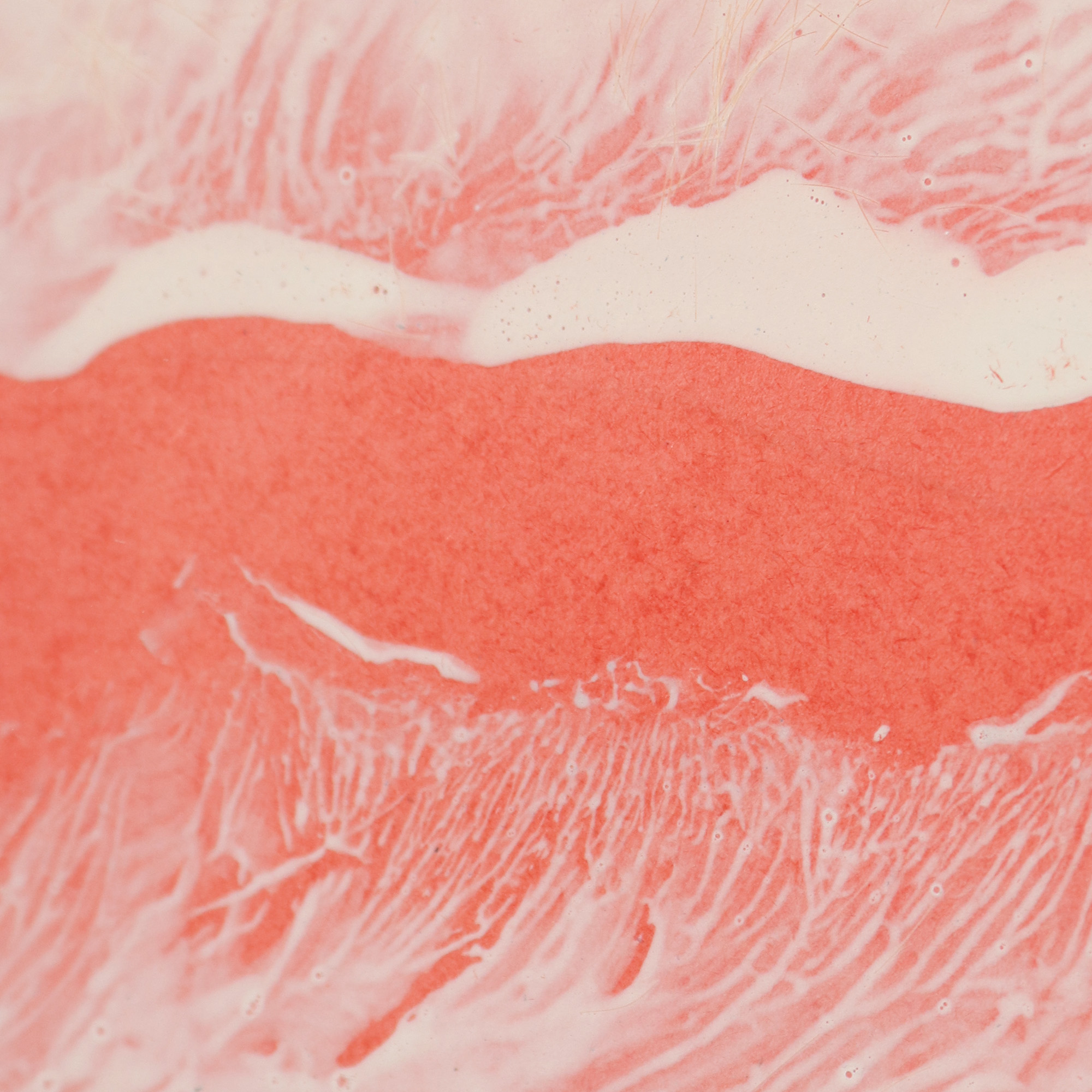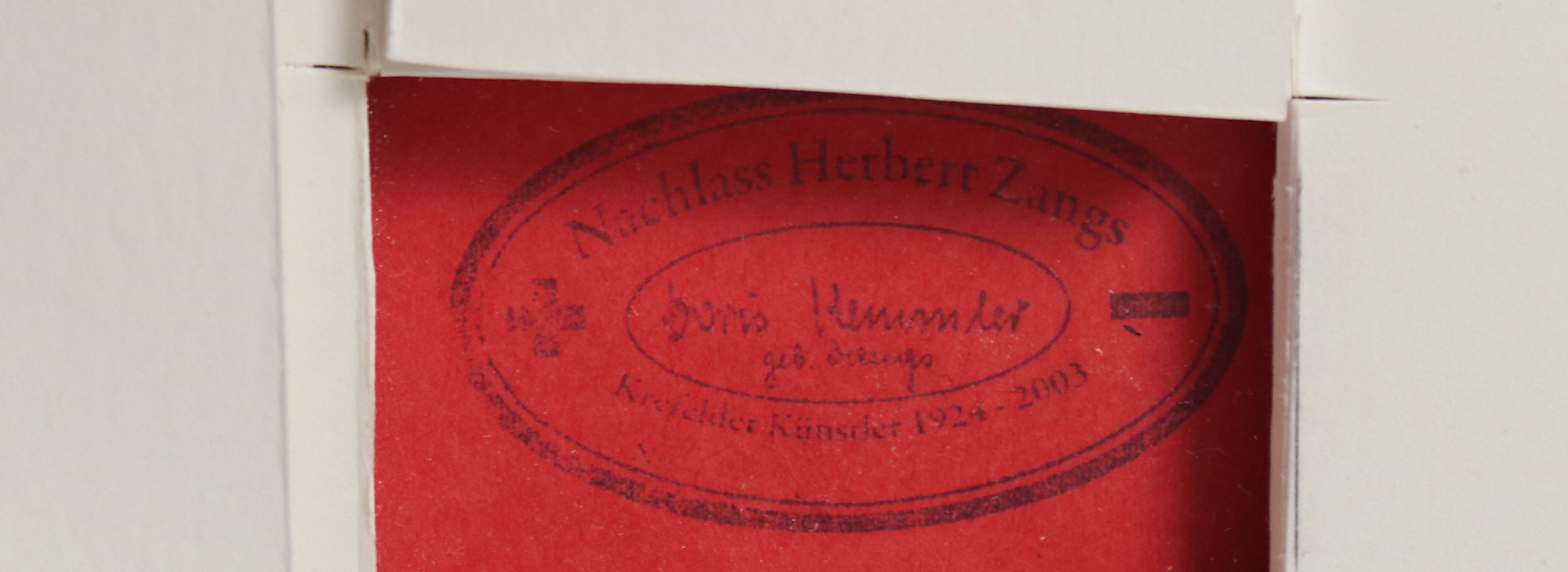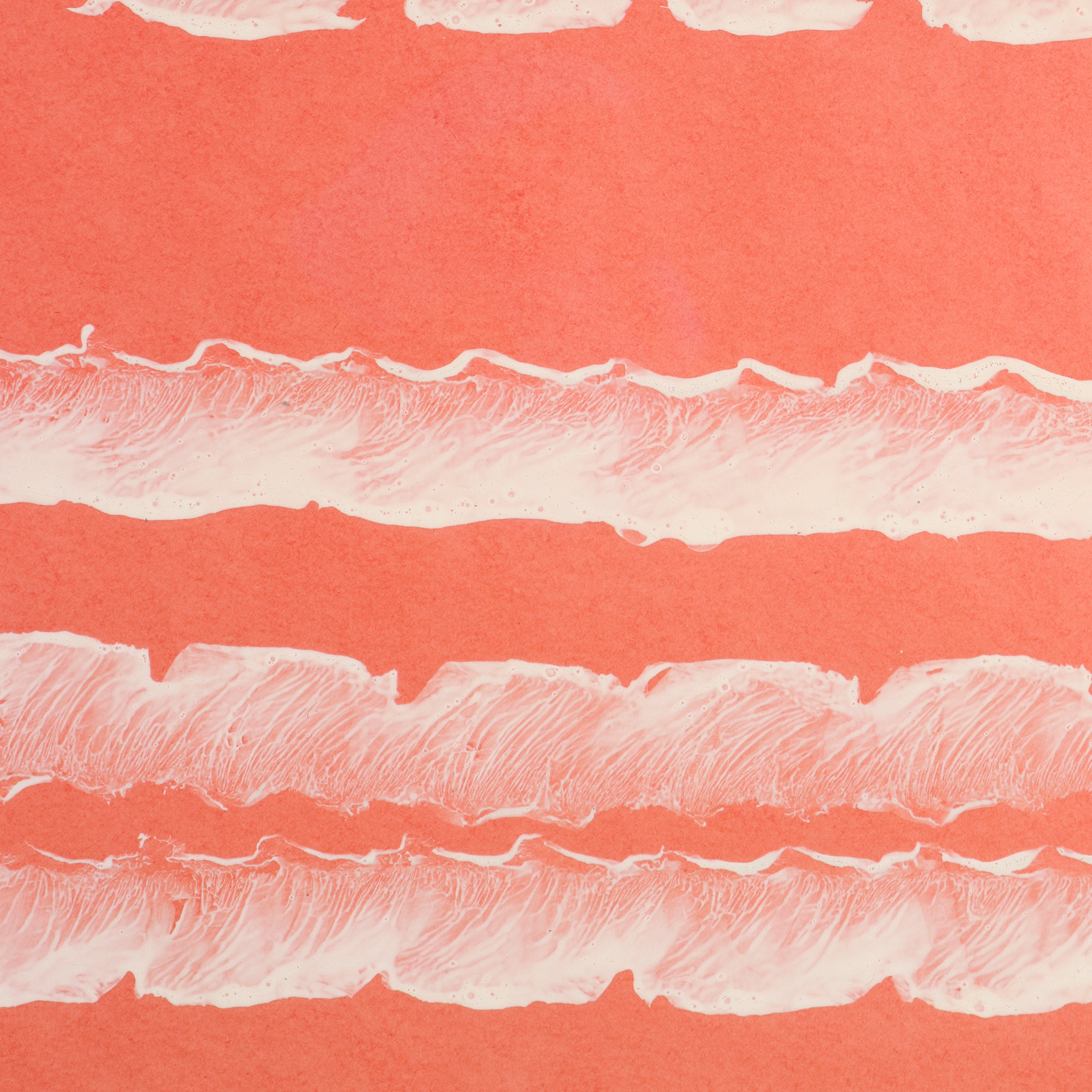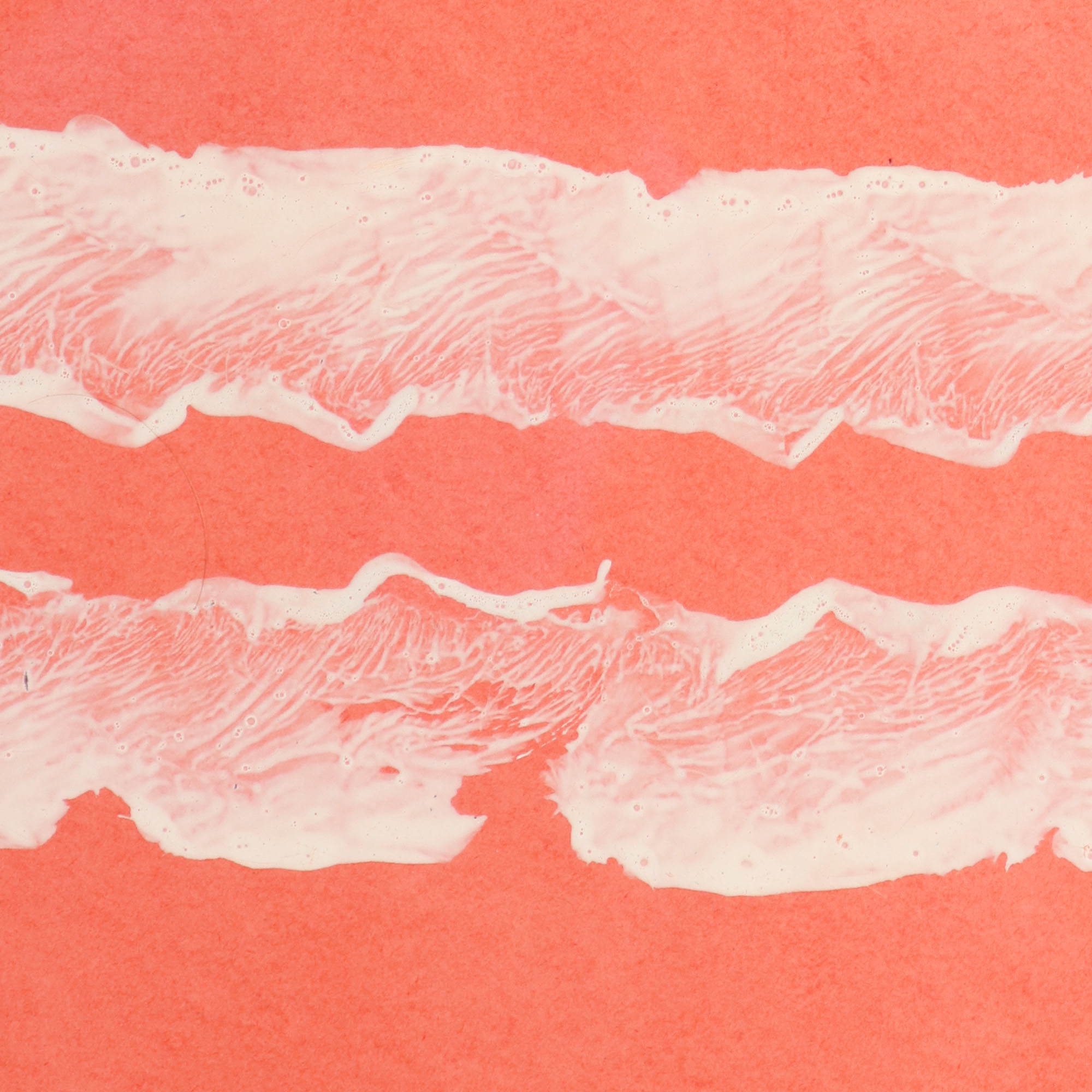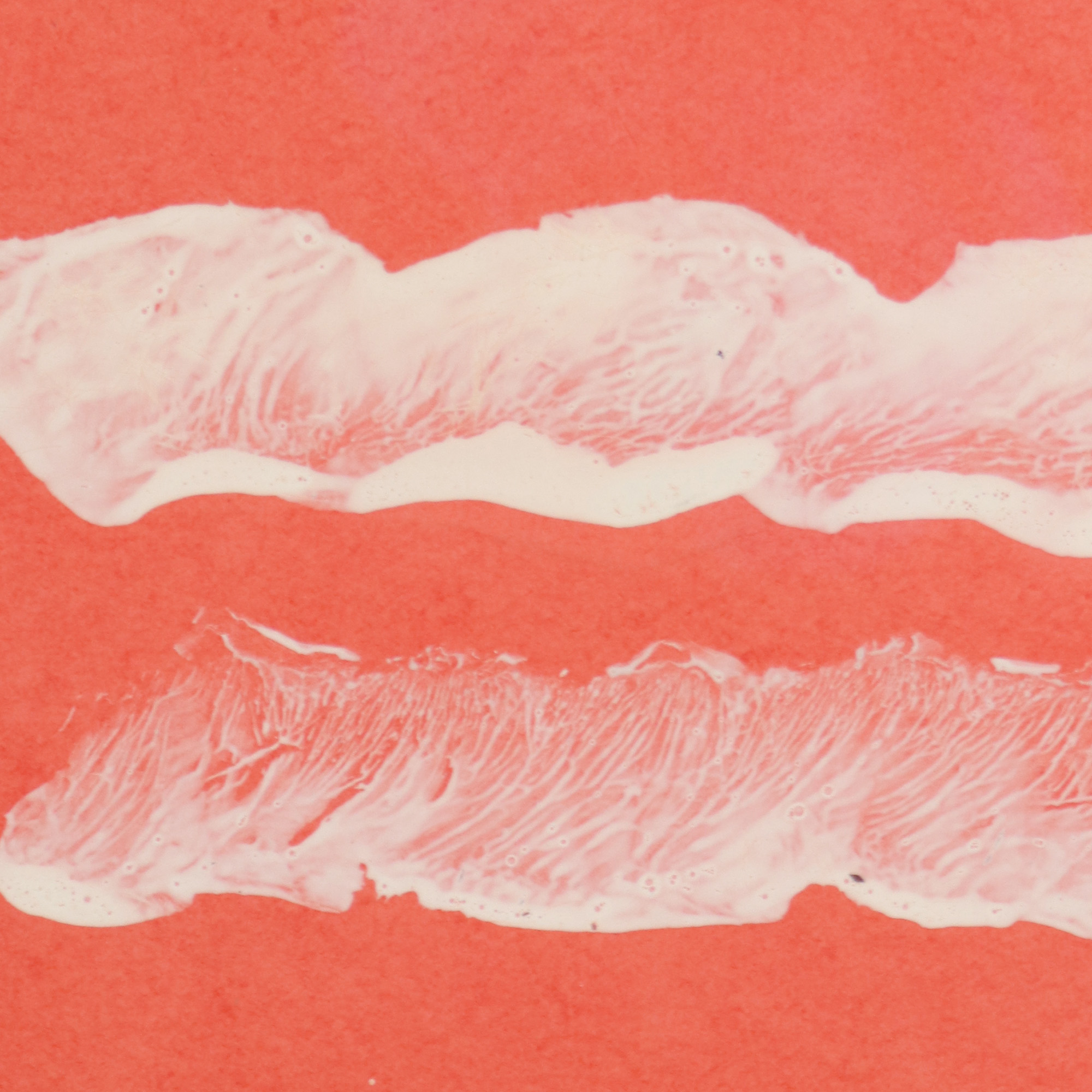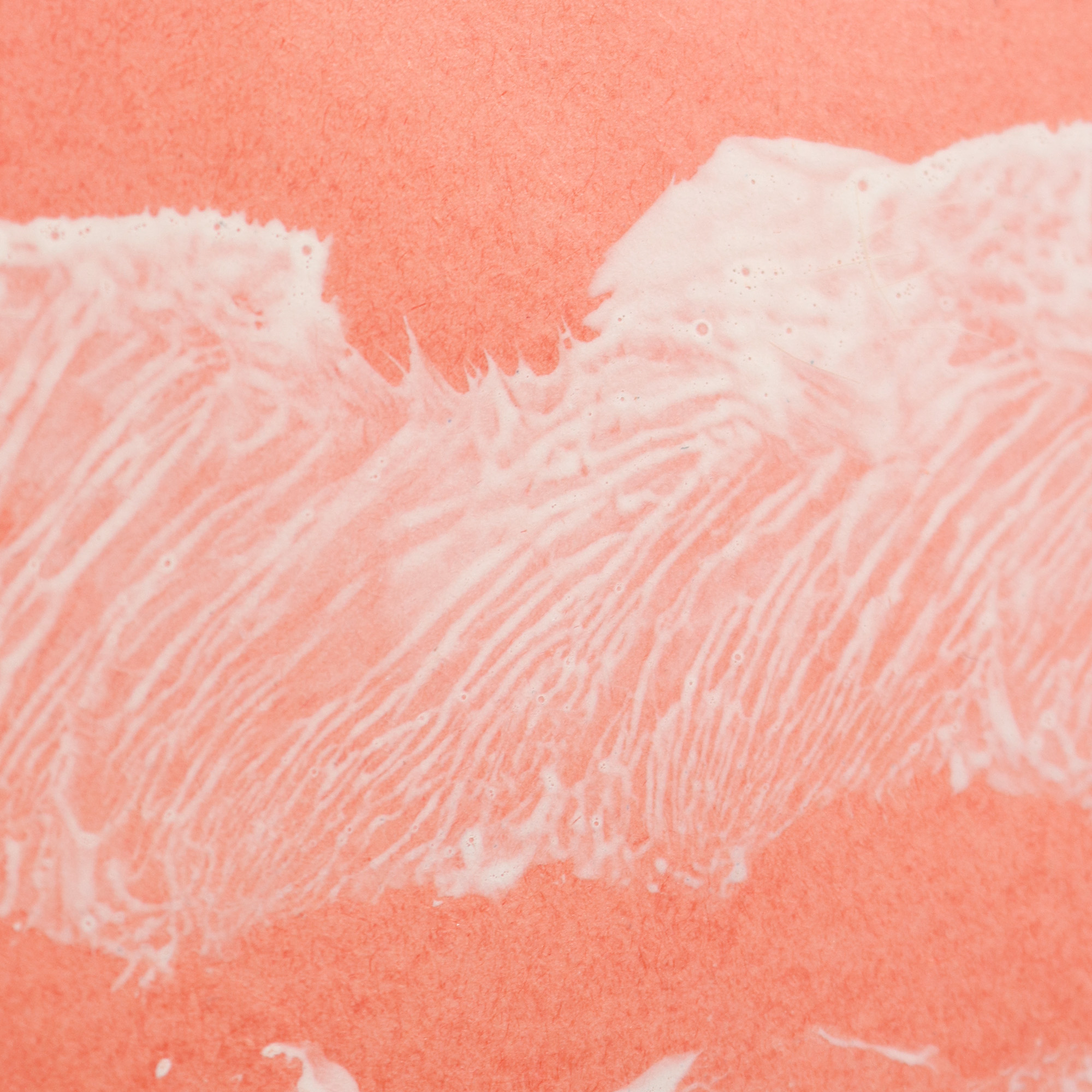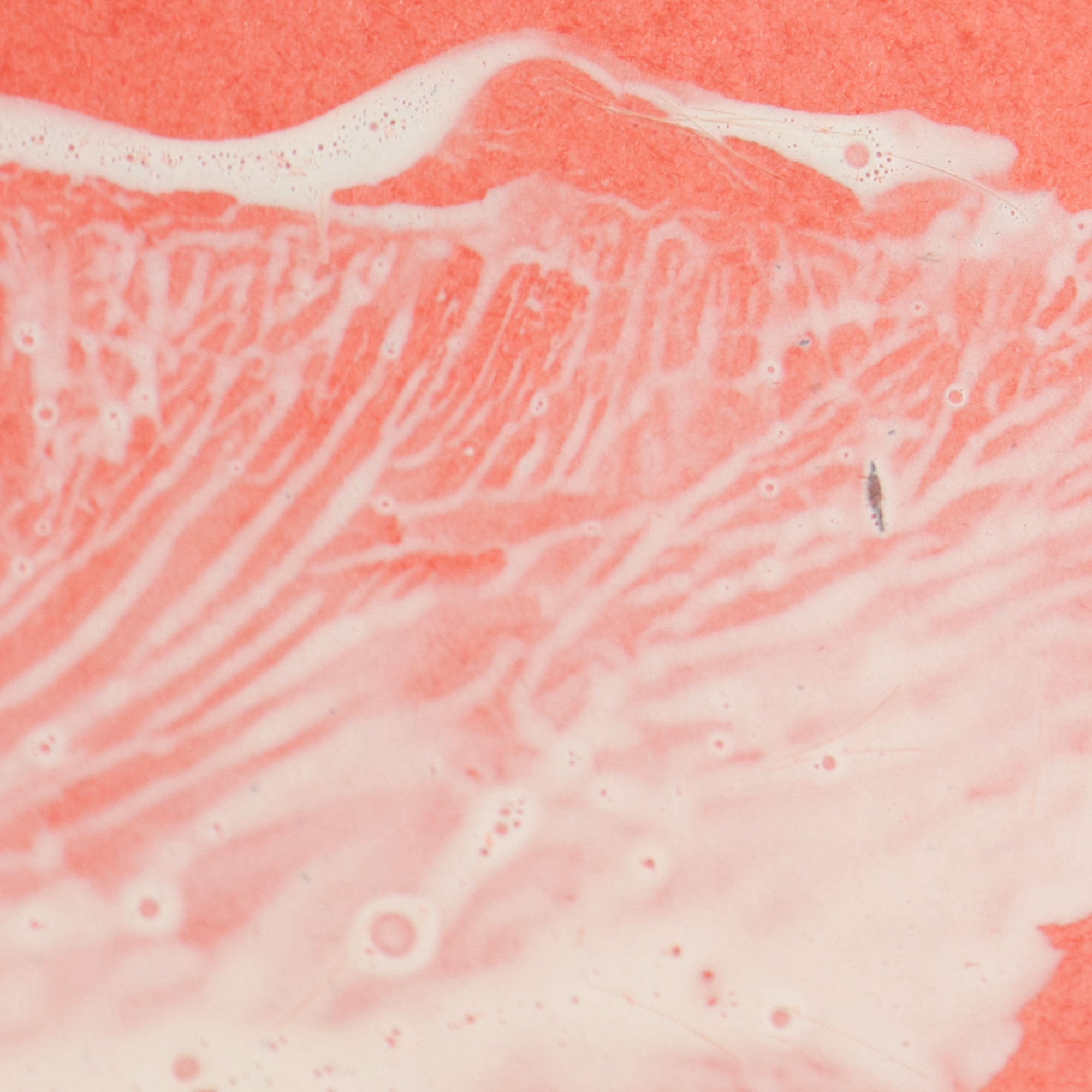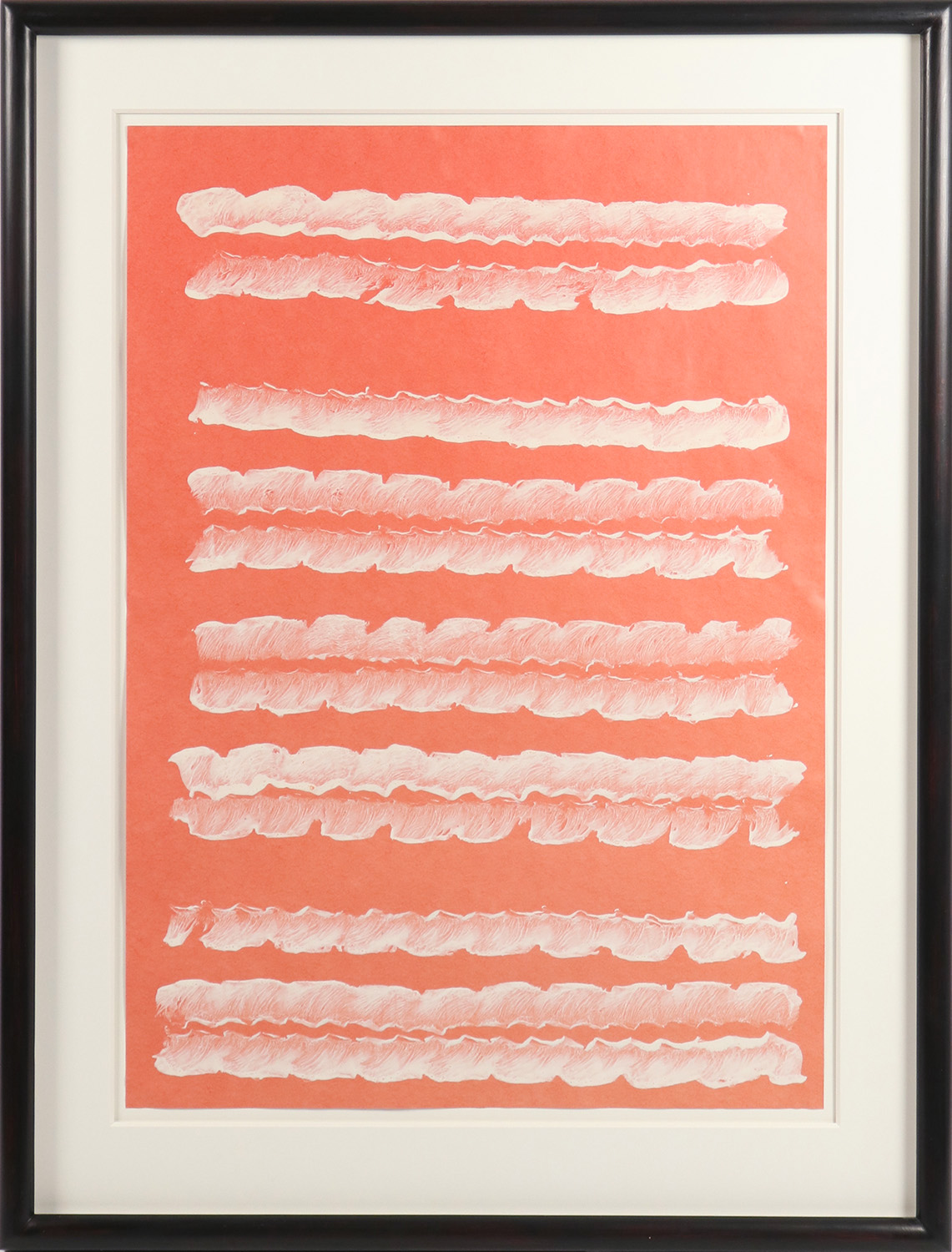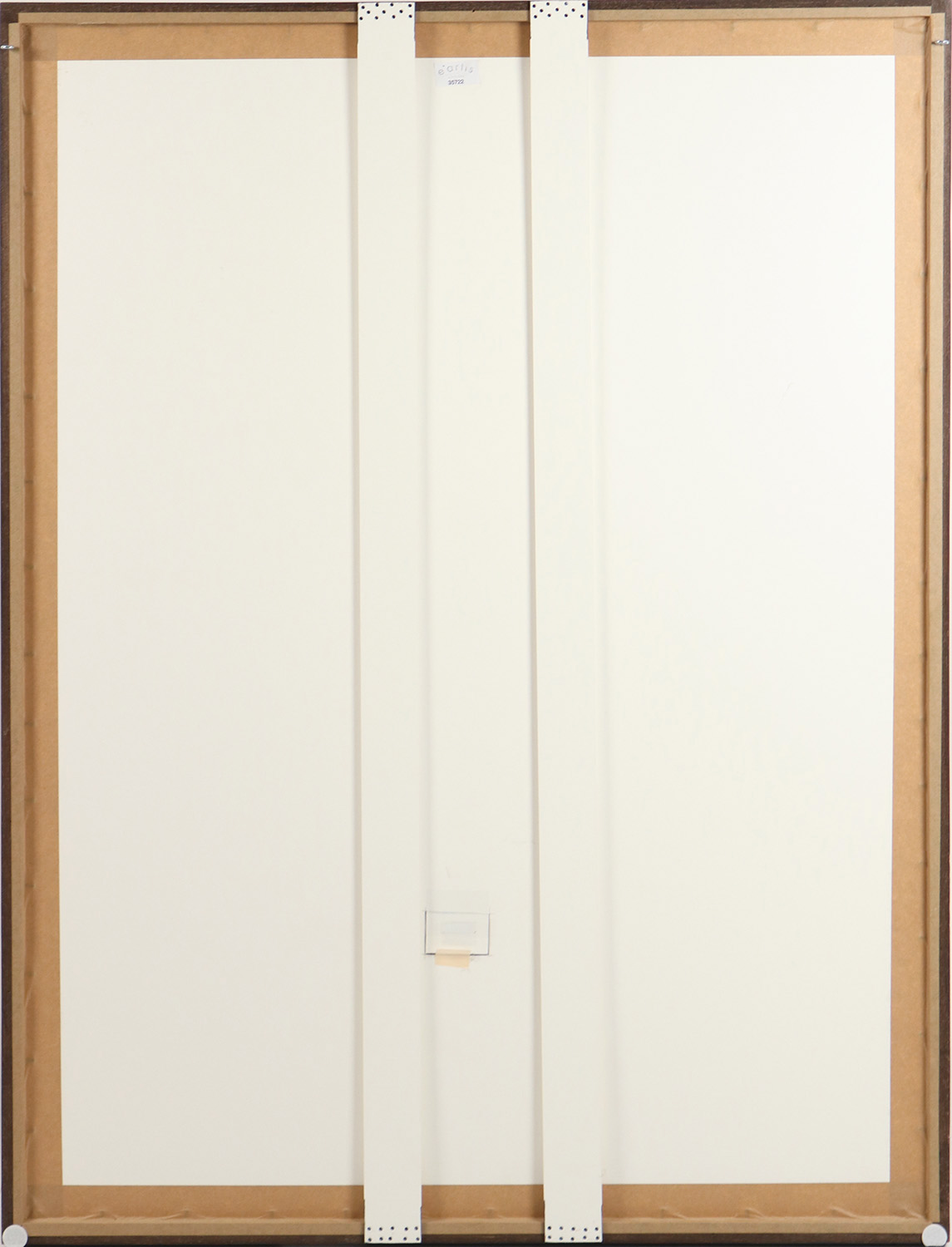| Category | Malerei |
|---|---|
| artist | Zangs, Herbert |
| year | um 1980 |
| Title | Pinselabwicklung |
| size 1 |
Sheet
86,0 x 60,0 cm
Frame: 109,0 x 83,0 cm |
| material | Emulsion paint on red paper |
| edition | Unique |
| signature | Verso estate stamp |
| publication | vgl. Cremer-Bermbach, S. (1996). Herbert Zangs - Werkmonographie. Essen: Klartext. Abb. 187 |
| Provenance | Estate of the artistGalerie Maulberger, MunichPrivate Collection Germany |
Herbert Zangs Pinselabwicklung (um 1980)
- Large piece unique
- Expressive - Rhythmic - Coloured
- Important representative of the German Informel
- Plus costs for the certificate of authenticity
€6,500.00*
% €8,900.00* (26.97% saved)- The artwork is available immediately and can be viewed at any time in our gallery.
- Ready for shipment within 2 days.
- Free shipping within Germany.
Informations
condition
|
The Painting is in a very good condition Studio traces (minimal handling creases). Sheet mounted in frame on support. |
artist
|
Herbert Zangs was born in Krefeld in 1924 and died there in 2003. Zangs studied at the Kunstakademie Düsseldorf, together with Günter Grass. He was an important German artist of Informel. His works can be divided into several stylistic groups, for example the "Ver-Weißungen"' ("Whitening") Source: This text based upon the article Herbert Zangs from encyclopedia Wikipedia which is available under GNU Licence of free documentation. The list of contributers you can find at wikipedia.org |
e.artis safety
Art trade is a matter of trust.
Features and remarks
Here you have the opportunity to acquire an original painting by Herbert Zangs.
The so-called brushwork was probably created around 1980. In keeping with his preference for found and recycled material, Zangs probably used red wrapping paper here, which he structured horizontally in monochrome with white colour.
The bright colour undulates from one side to the other. Sometimes more and sometimes less opaque and bundled into groups of varying density, the composition appears minimalist and light.
The very well-preserved painting is framed to a high standard. The work is securely mounted behind Schott museum glass. A viewing window in the rear wall provides a view of the estate stamp.
A second, wonderfully corresponding painting with identical framing, using the same reddish paper, is also currently for sale - ideal for placing the two works in relation to each other and presenting them as a pair.Pinselabwicklungen
At the beginning of the 1980s, Zangs developed a new form of expression - brushwork. The name also describes the procedure: The brush dipped in colour is rolled or pressed evenly onto the picture support. These works once again place the effect of colour at the centre of Zang's work.Mostly monochrome, the direction of the paint application and the colour gradient create an effective composition. The sequential repetition and the minimal variance of chance create a wonderful rhythm. The result is denser sections at the beginning, when the brush is still saturated with colour, and later a thinning out of the paint and a new beginning.
The unique piece bears the stamp of the artist's estate on the back, which was initially administered by Doris Kemmler, the artist's sister. Today, this estate is held by Galerie Maulberger, Munich.In recent years, this important German artist has become increasingly recognised, which is reflected not least in his prices.
The work is included in Herbert Zang's estate archive. The written certificate of authenticity from Galerie Maulberger will be provided to the buyer free of charge.
A top item of German post-war art for your collection.

